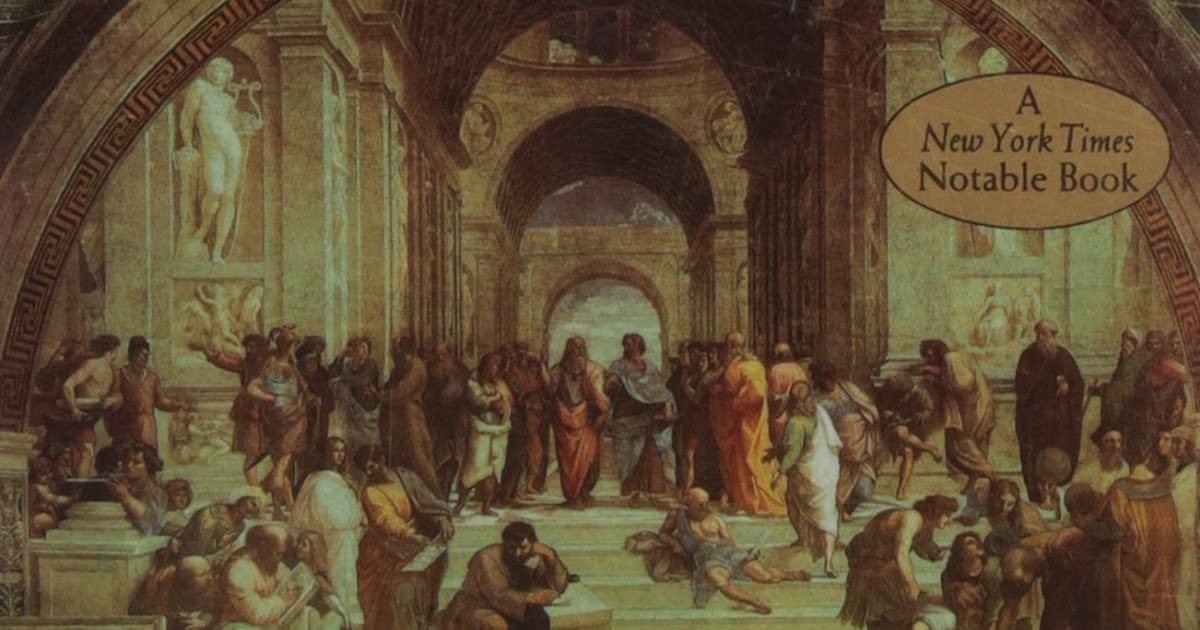

Asserting that Walt Whitman and Emily Dickinson were greater than any Western poet in the last century and a half, Bloom was guilty of what Edmund Wilson called “the sometimes all too conscious American literary self-glorification which is a part of our American imperialism.”īut it is Bloom’s complaints about the “Balkanization of literary studies” by the “academic rabble” that make a book like his seem very quaint in 2014. Bloom actually seemed less intellectually venturesome than the New Humanist Irving Babbitt, a dedicated student of Buddhist and Confucian thought. “The Western Canon” itself did not offer a more capacious and complex idea of culture than the one vended by English departments in the 1930s. Their contributions have steadily expanded our notions of religion, literature and philosophy. But he could not see that intellectual and cultural life in the West since the 1960s has been enriched by the representatives of a long invisible majority, even if some of them pointed too stridently to discrepancies in the self-congratulatory narratives of powerful white men. Harold Bloom disavowed any political purpose: “All that the Western canon can bring one is the proper use of one’s own solitude.” Yet he routinely condemned what he called the “school of resentment” - a catchall term for all those uncouth malcontents who disrupted the aesthetic experience of literature with the futile Babel of modern ideas.īloom gallantly defended his cherished canon from vulgarly political and often subliterate assaults. Huntington’s “The Clash of Civilizations” (1996). Since the 1960s, feminists, left-leaning theorists, African-Americans and other minorities had challenged the entrenched verities of academia and journalism.īloom’s book shared its tone of grievance with Allan Bloom’s “Closing of the American Mind” (1987) and its presentiment of decline and disorder with Samuel P. The long struggle against the totalitarian “East,” which had helped make the “West” seem a coherent entity from Plato to NATO, had ended. Published in 1994, Harold Bloom’s “The Western Canon” could barely suppress its nostalgia for a time when the English department was the jewel in the crown of the humanities, and the literary critic with his refined sensibilities seemed the model public intellectual.

In the 1920s and ‘30s, the study of literature - led by bow-tied men on East Coast campuses - became central to the cultural self-definition of a budding superpower’s elites.

But a new empire of sweetness and light arose after the war across the Atlantic, and its most formidable paladins were literary critics with their new canons. Erskine’s “Great Books” curriculum advanced what Bourne called a “carefully deodorized and idealized education.” It may have been closing time in the gardens of Europe.


 0 kommentar(er)
0 kommentar(er)
